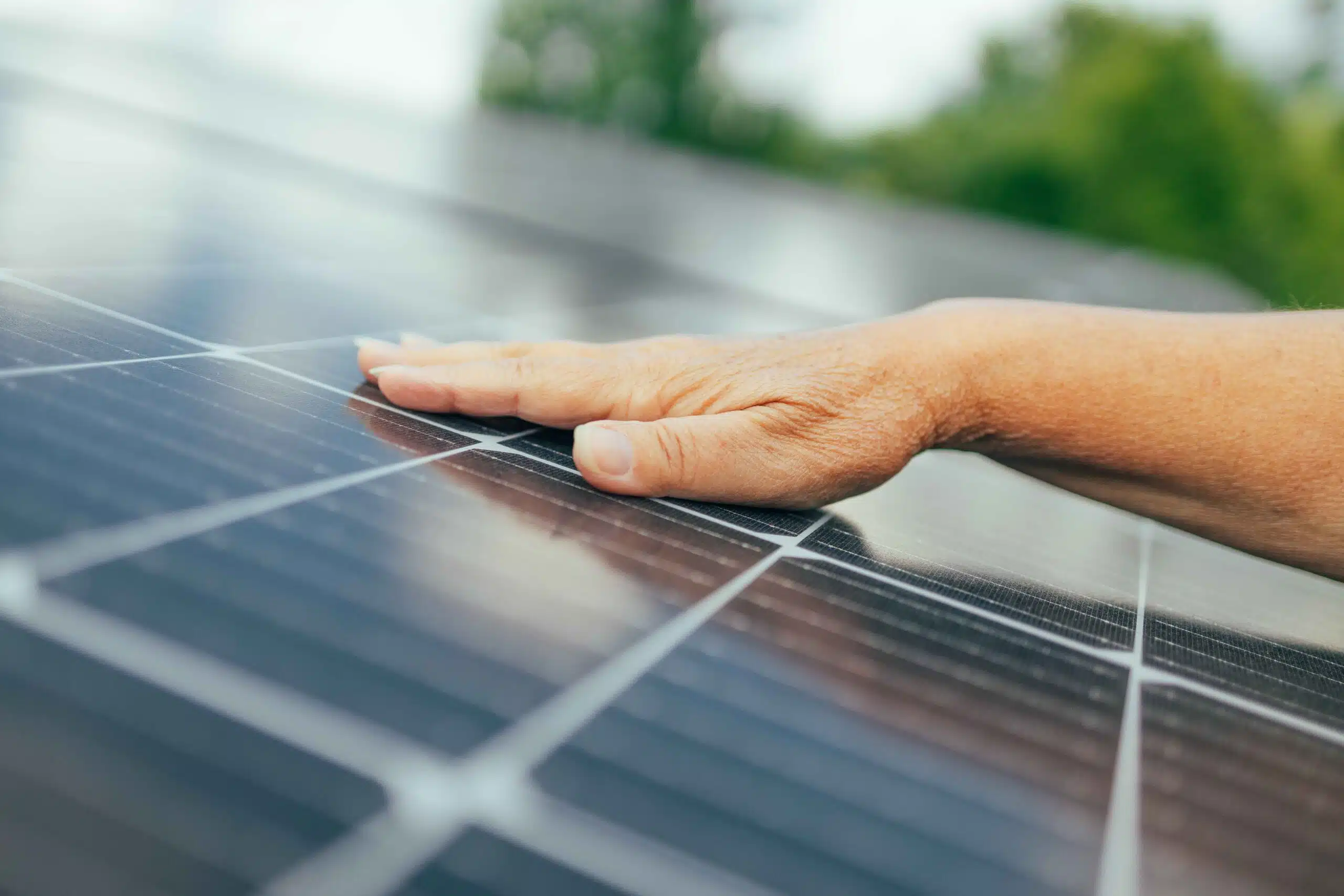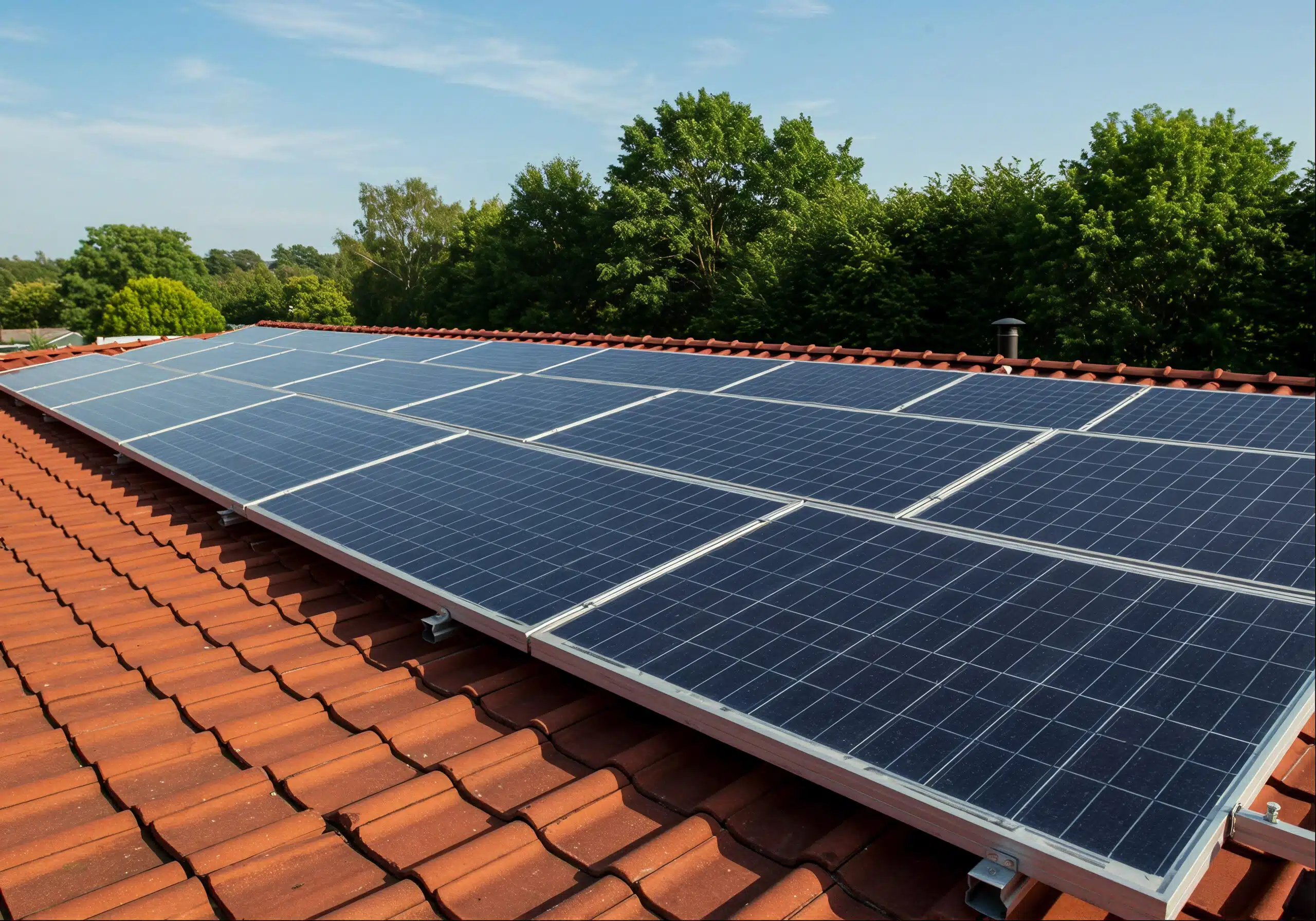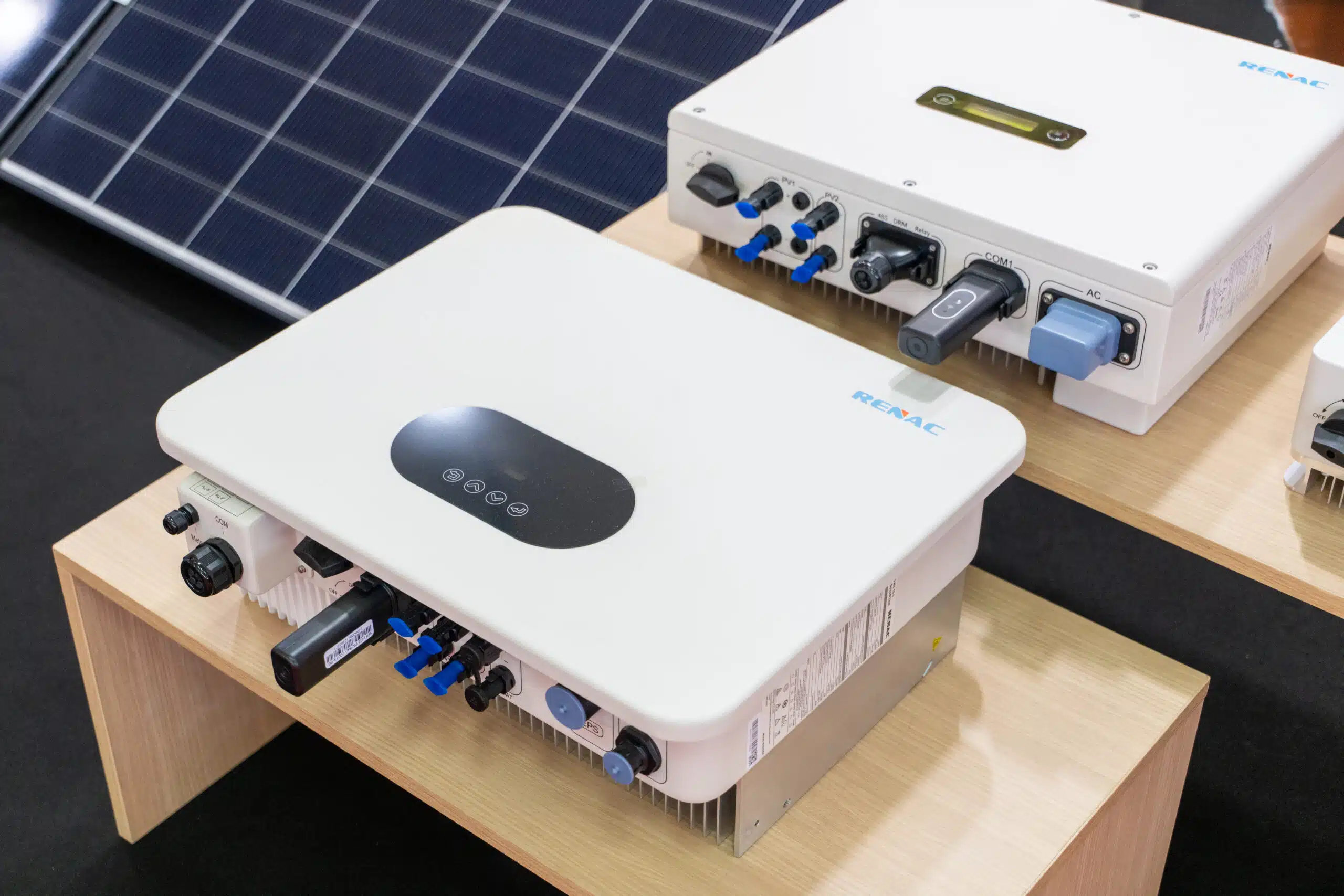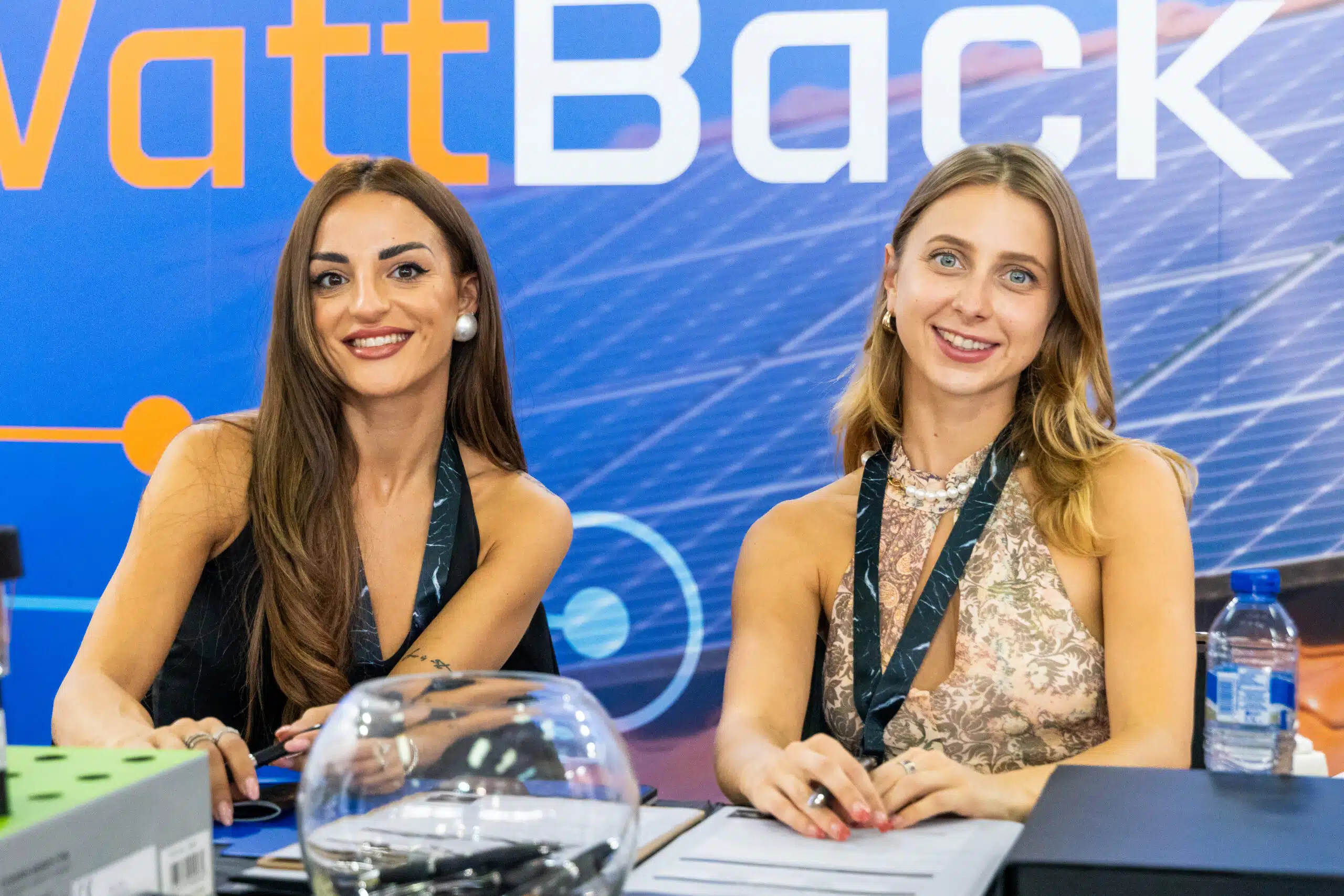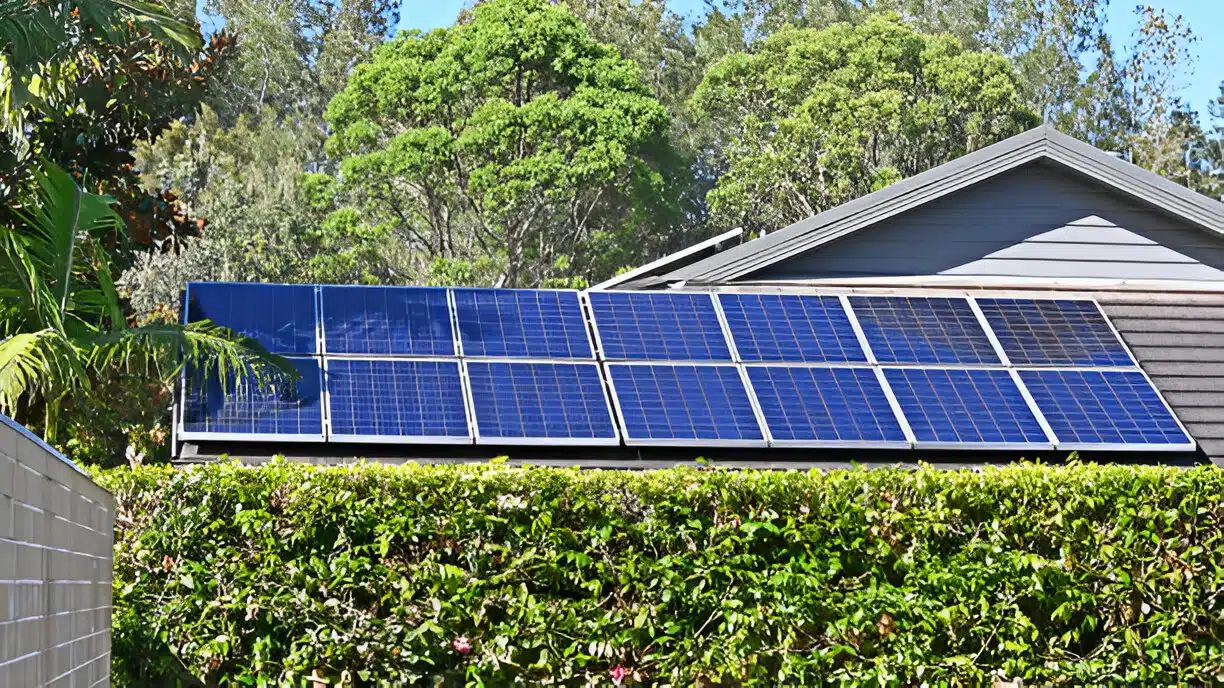Cyprus, with its long and sunny days, will be the best candidate to produce solar energy. If you are a homeowner looking to reduce your electricity bill, or a business that wants to have an impact, the installation of solar panels at your home or business can be a very profitable investment. But choosing the best solar panels for your home or business can sometimes be more of a challenge than picking among good and hot competitors. It requires some clever thinking about how you use energy, the space you have and what you want to achieve in the future.
In this solar panels buying guide for Cyprus we’ll cover the solar panels information that you need to understand in order to make an informed decision when purchasing solar panels in Cyprus.
Why you should consider solar in Cyprus
There are other grants, Cypriot governmental incentives and grants to implement Best Solar Panels in Cyprus he environmental and financial advantages that the photovoltaic panels have in Cyprus. These rule-sets have made solar not only an eco-friendly, but also a pocket-friendly source as years progresses.
Understanding Your Energy Needs
You need to do a bit of math before you even decide on solar panels. For homes, it generally entails lighting, cooking, air conditioning and hot water. It may be even greater for commercial enterprises, particularly if the operation uses heavy machinery, computers or refrigeration.
Types of Solar Panels Available
There are two other types of solar panels offered in Cyprus and these are monocrystalline and polycrystalline panels. Mono crystalline panels are relatively small, and have the highest efficiency. They perform best in scorching climates, and are more svelte, making them ideal for mounting atop houses.
Polycrystalline panels are a little less efficient, but also cheaper. They would be suitable for bigger systems businesses or a large roof in your home.
Financial Considerations and Government Incentives
The Cost of Installation The cost of solar panels installed on Cyprus depends on a number of variables, such as the size of the system, the type of system and how it is incorporated. Still, with government assistance and long-term savings on electricity bills, most systems pay for themselves within five to seven years.
There are certain incentives to encourage the adoption of solar in Cyprus. These could be grants, subsidies or net metering, where the power you don’t use is fed into the grid and you receive credit, as well as feed-in tariffs, which allow you to feed any additional electricity back into the grid. Net metering is really, really beneficial to people in their house, or to businesses, because it’s crediting a good size chunk of that electricity bill and they’re paying less for electricity to the power company.
Evaluating Warranties and Long-Term Support
When it comes to choosing solar panels, it’s really all about the warranties: You should look for a 10-year product warranty, and, ideally, a 10-year warranty for performance by a dealer (not the manufacturer). Most good quality solar panels have 20-25 years performance warranty and 10 years warranty on the inverter.
Equally important is after-sales support. The Solar System Installers in Cyprus should offer maintenance, and some will be prepared to respond if there are problems with your system during its useful life. You always want to choose the ‘big companies’ — I’m not talking about the big, big companies, I’m talking about companies with a 15-20 year track record that you know will be around for a long enough time to honor their warranties and support commitments.
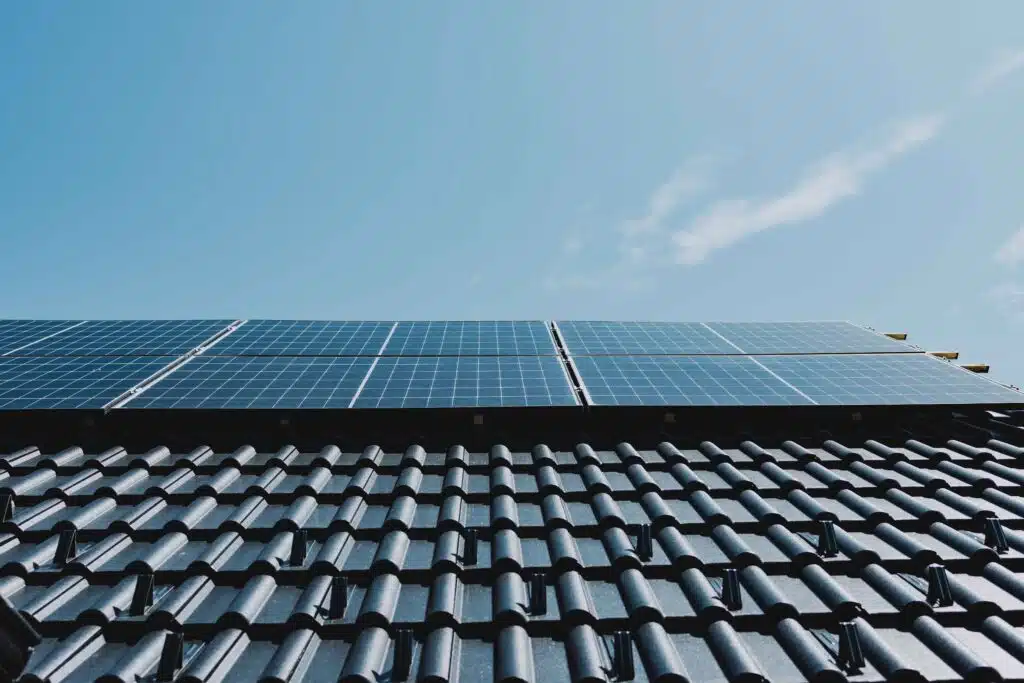
Off-Grid vs. Grid-Tied Solar Systems
Most commercial buildings have large, flat roofs that are perfect for solar installation. By finding the right combination of tax incentives, energy credits and public grants to make installing solar more affordable, business owners have many options. Some simply bolt on solar panels as part of a corporate social responsibility initiative, a flaunted sign of their looking after the environment.
Concluding – The Best Solar Option for You
This is why there are many reasons to go solar for your home and Cyprus companies are only starting to figure out the actual savings a homeowner can make from solar energy. But if you want to hit the decision-making process squarely and doing it with purpose is vital — it will take some strategic planning and expertise.
You just need to think about your energy use, see what financing is available in your area, then choose good quality panels and a good installer. With the right system, you can enjoy clean, reliable energy for decades to come and amass savings and benefits for you and the planet.
FAQs
How much do solar panels cost in Cyprus in 2025?
An average domestic solar panel installation in Cyprus is dependant on the size and type of solar panel product used. Commercial installations could be even greater, but can benefit from economies of scale and government incentive programmes.
Does the government offer grants or incentives to add solar panels to your home in Cyprus?
Yes, you can currently receive rebates and net metering incentives on your Cyprus in 2025 power bill for using solar. In fact, those incentives, combined, can reduce the amount you pay for the system upfront and begin that return on investment even more quickly!
Do you have net metering in Cyprus by 2025?
Absolutely. Net metering is yet another form of a higher paying program that is offered to house owners who want to use a solar PV system and this allows the house owners to return all of their excess electrical power back to the grid and receive credit towards their electric bill. This can be a good thing, and can help you maximize your solar investment.
What is the return-on-investment (ROI) of solar panels?
Because solar power is far more efficient for producing energy and because the Cyprus government assists the resident in Cyprus to go solar, in Cyprus homeowners are expecting to receive full their investment in 5 – 7 years. Return on investment for businesses can be even shorter if systems are larger and more energy is used.
